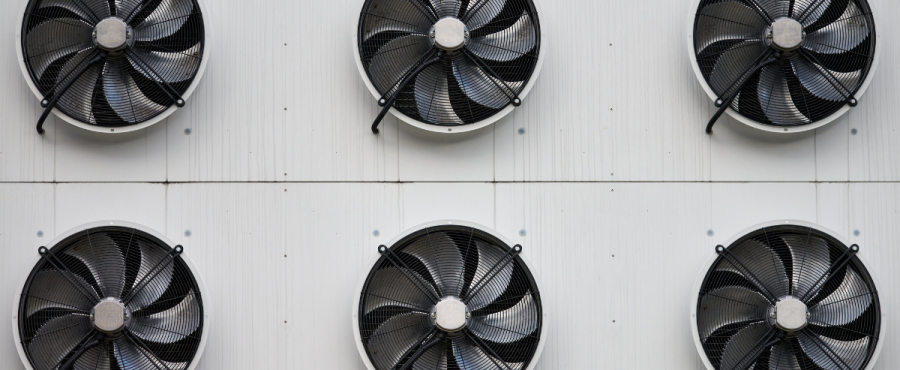About Data Center Cooling Systems
If there is one thing that data centers need to be aware of, it is the humidity and temperature at which computers and servers operate. If the temperature or humidity that servers and other kinds of computers operate in is not optimal, this equipment runs the risk of breaking or having to undergo costly repairs and maintenance schedules. If you would like to learn more about how data centers are managed and what kind of equipment goes into making sure that they remain fully functional, LightWave Networks and our data backup and recovery professionals are here to make sure that you understand the ins and outs of data center cooling systems and what our equipment undergoes regularly.
Data Center Cooling Best Practices
Any data center that wants to be as operational as possible for as long as possible needs to understand the best cooling practices for data centers. One thing that our Philadelphia cloud hosting and colocation center would like to point out is that it is not always a good idea to have a colocation data center to be as cold as possible. This could damage some of the equipment inside the data center.
It is a common misconception to think that data centers need to be as cold as possible to run efficiently. The first thing that you need to understand when you are learning about data center cooling best practices is that you need a good temperature regulation system. This can help ensure that you are not keeping the data center unnecessarily cold. By viewing what the temperature of a data center is, our professionals ensure that your business has the most optimal conditions for running the services that are so essential to your business.
Now that we have got that out of the way, it is time to discuss what data centers do to make sure that it does not get too hot inside of a colocation center. The optimal temperature for a data center is typically between 70 and 75 degrees Fahrenheit. To ensure that a data center stays at this temperature, professionals at our Dallas and Charlotte data centers use heat maps. These help map out where the hottest sections of the data centers are and give us a rough idea of what kind of equipment to use and where to put it. Then, after using a heat map to identify the different temperatures that a data center experiences, it is time to install the necessary equipment to ensure there is a consistent temperature and humidity level throughout the center. Our professionals go into more detail below.
What Is a Data Center Water Cooling System?
For data centers that have high-density racks, it is often a good idea to use water cooling. Water cooling is used when air cooling is not sufficient enough to preserve the conditions of several IT systems. In a water cooling system or liquid cooling system, data centers use racks that have a cold liquid to cool the racks that servers and computers are stored in. This makes it possible for the equipment that is housed in the racks to be continuously cooled in a much more effective way as opposed to traditional air conditioning.
Types of Data Center Cooling Systems
There are many different kinds of cooling systems aside from water or liquid cooling systems. Some of the best data center cooling systems include the following:
Computer Room Air Conditioner
These are similar to residential air conditioners but are designed to cool large server rooms. These are the most affordable and common cooling systems.
Calibrated Vector Unit
This data center cooling system optimizes the airflow path, which allows the cooling system to manage heat efficiently. Specifically, this sends cold air to the hottest parts of the data center, which is extremely effective.
Cold Aisle and Hot Aisle Design
This design is made so that hot air is led out of the server rack at the same time that cold air is let in. This allows temperatures to be regulated continuously.
More About LightWave Networks
We are a data center and colocation service that provides various services for businesses that are interested in making the most of their remote servers and data services. Our services include server outsourcing, New Jersey dedicated servers, and Raspberry Pi colocation, among many others. Contact us today to learn more about Philadelphia cloud hosting, data center cooling systems, and our other services.

